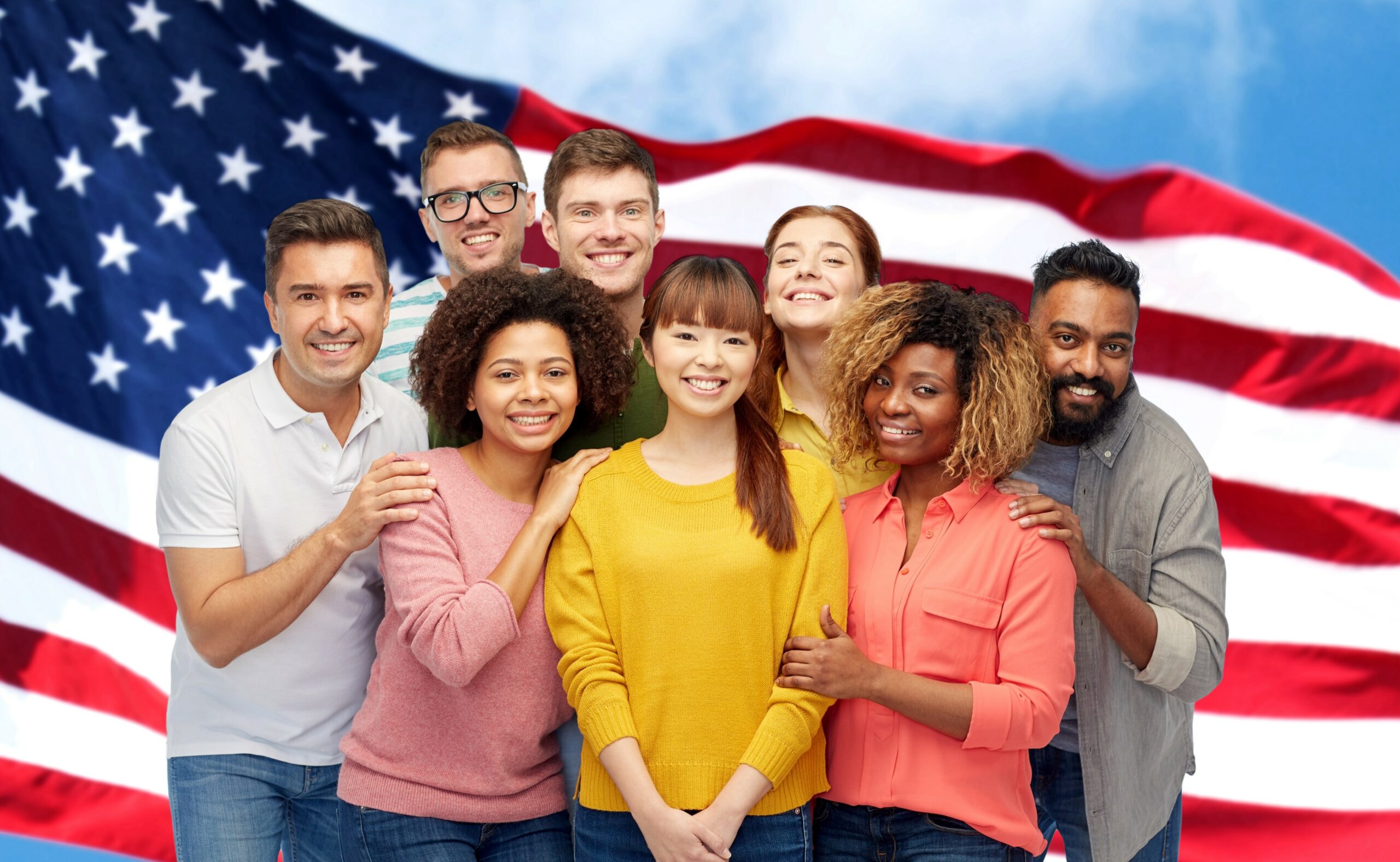We handle I-140 petitions for workers in EB-1, EB-2, and EB-3 preference categories, including skilled and unskilled workers; professionals and multinational executives; outstanding professors, researchers, and people with advanced degrees; workers of extraordinary or exceptional ability; or where it is the national interest to grant a waiver.
Each category requires different forms of evidence and documentation to be presented in the proper format in order to establish eligibility for an immigrant visa.











